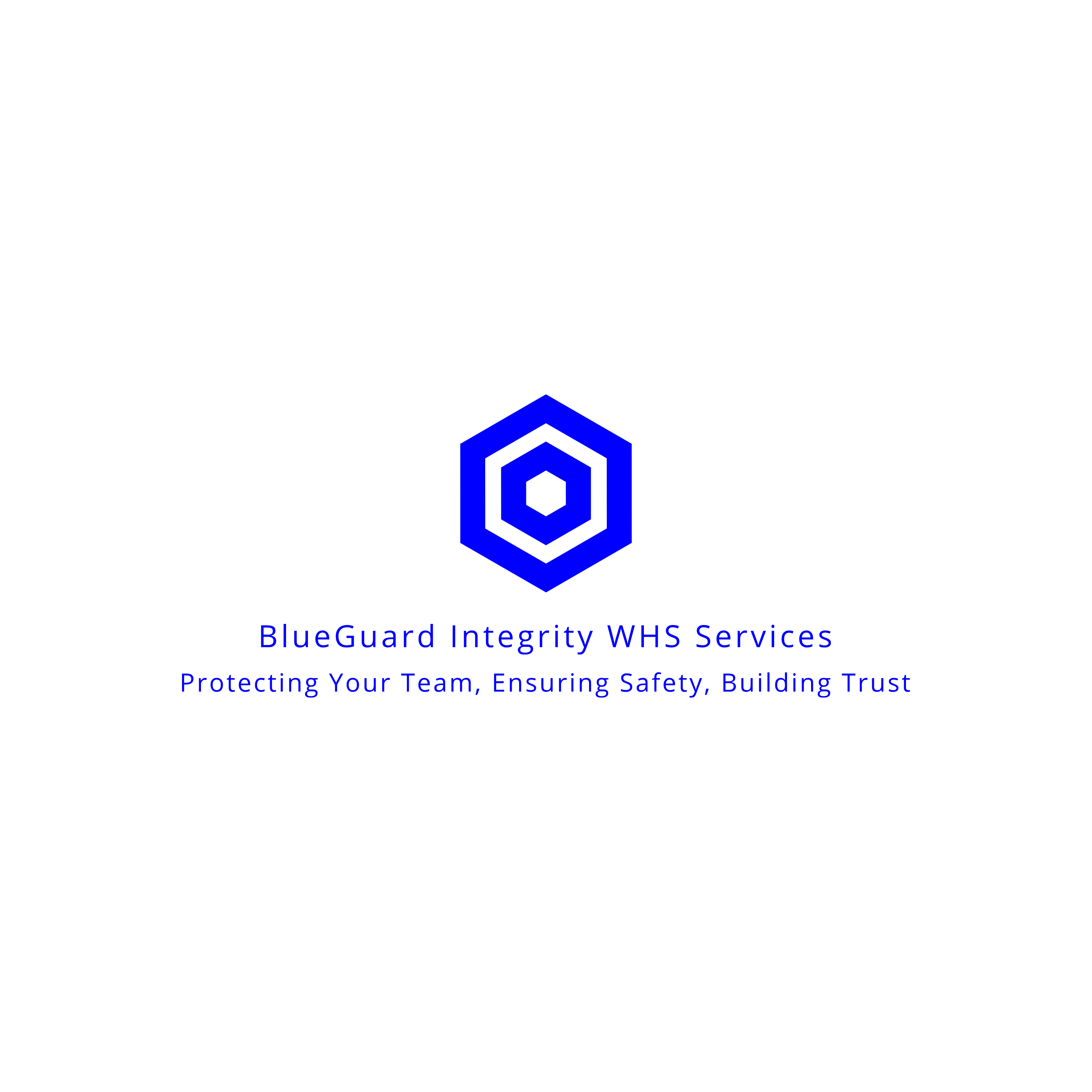Rising Drug Use in WA Post-Pandemic: A Critical Workplace Challenge
- Rob Hubbard

- Sep 29, 2024
- 3 min read
Since Western Australia reopened its borders at the end of the pandemic, the state has witnessed a troubling rise in drug consumption, with recent data revealing a significant increase in the use of methamphetamine (meth) and cocaine. According to recent National Wastewater Drug Monitoring Program report, meth use in WA surged by 40% in the last year, while cocaine consumption spiked by an alarming 55%. This resurgence in drug use is especially concerning for WA workplaces, where employee safety and fitness for work are critical.

Understanding the Data: What’s Driving the Surge?
The wastewater monitoring program, which collects samples from unidentified wastewater plants across Australia, provides an important insight into drug consumption trends. It allows authorities to gauge which drugs are being used, how much, and where consumption is most prevalent.
WA has seen the sharpest increase in meth use across the nation. While cannabis remains the most-consumed drug, particularly in regional areas, meth is the second most popular drug in the state. Despite efforts by the WA government to curb drug importation—including the introduction of 22 permanent search zones at key entry points like airports, ports, and rail crossings—meth use has reached its highest levels in four years.
Additionally, cocaine use has tripled in WA since 2016. Nationally, approximately one million Australians used cocaine in the past 12 months, reflecting a growing concern about recreational drug use across the country.

Workplace Impacts: AOD Testing More Crucial Than Ever
For employers, the rise in drug consumption has direct and serious implications. Substance use—whether meth, cocaine, or cannabis—poses a significant risk to workplace safety, productivity, and employee wellbeing. Workers under the influence of drugs can experience impaired judgment, slower reaction times, and increased likelihood of accidents, which can endanger not only the user but also their colleagues and the broader community.
Industries like construction, mining, agriculture, and logistics—where heavy machinery, physical labor, and high-risk environments are common—are particularly vulnerable to the dangers of impaired performance due to drug use. As drug trends shift post-pandemic, regular Alcohol and Other Drug (AOD) testing is a key safeguard in preventing accidents and ensuring that employees are fit for work.
How AOD Testing Can Help Combat the Problem
Employers need proactive measures to address the growing drug problem. At BlueGuard Integrity WHS Services, we advocate for routine and reliable AOD testing using advanced methods like oral fluid sampling through the Druglizer. This WA-made equipment provides fast, accurate, and non-invasive results, making it easier for businesses to ensure their workers are not impaired while on the job.
Oral fluid testing has several advantages:
Quick turnaround: Results are typically available in minutes, minimizing downtime.
Non-invasive: Oral fluid tests are simple and less intrusive compared to blood or urine testing.
High accuracy: Bluetooth connectivity ensures fast data transmission and reliable accuracy, reducing the risk of error.
Fit-for-work focus: Our tests are designed to determine if an employee is fit for work at the moment, rather than judging lifestyle choices.
By implementing routine testing, businesses can foster a safer, more productive environment while complying with WHS regulations. Moreover, AOD testing helps deter substance use among employees, as workers know that random tests could detect drug impairment.

The Path Forward: Strengthening Workplace Safety in WA
The WA Police Minister, Paul Papalia, recently highlighted the state’s success in reducing meth use compared to its peak in 2016, largely thanks to border control efforts and anti-bikie laws. However, as the data shows, there is still a long way to go, and workplaces have a vital role to play in this battle.
With over $12.7 billion worth of drugs consumed nationally last year—including meth, cocaine, MDMA, heroin, and cannabis—the cost of inaction is too high. Now more than ever, WA businesses must take a proactive approach to drug testing and workplace safety.
At BlueGuard, we believe that maintaining a drug-free workplace is crucial in protecting both employees and the broader community. By prioritizing AOD testing and focusing on “fit-for-work” standards, employers can help mitigate the risks associated with drug consumption, keeping the workforce safe, productive, and compliant with safety regulations.
In conclusion, while WA continues to face rising drug consumption, businesses can take important steps to ensure that drug use does not compromise workplace safety. AOD testing is not only a compliance requirement but a vital component of safeguarding workers and maintaining high safety standards. Together, we can create safer workplaces and contribute to a healthier community.




Comments